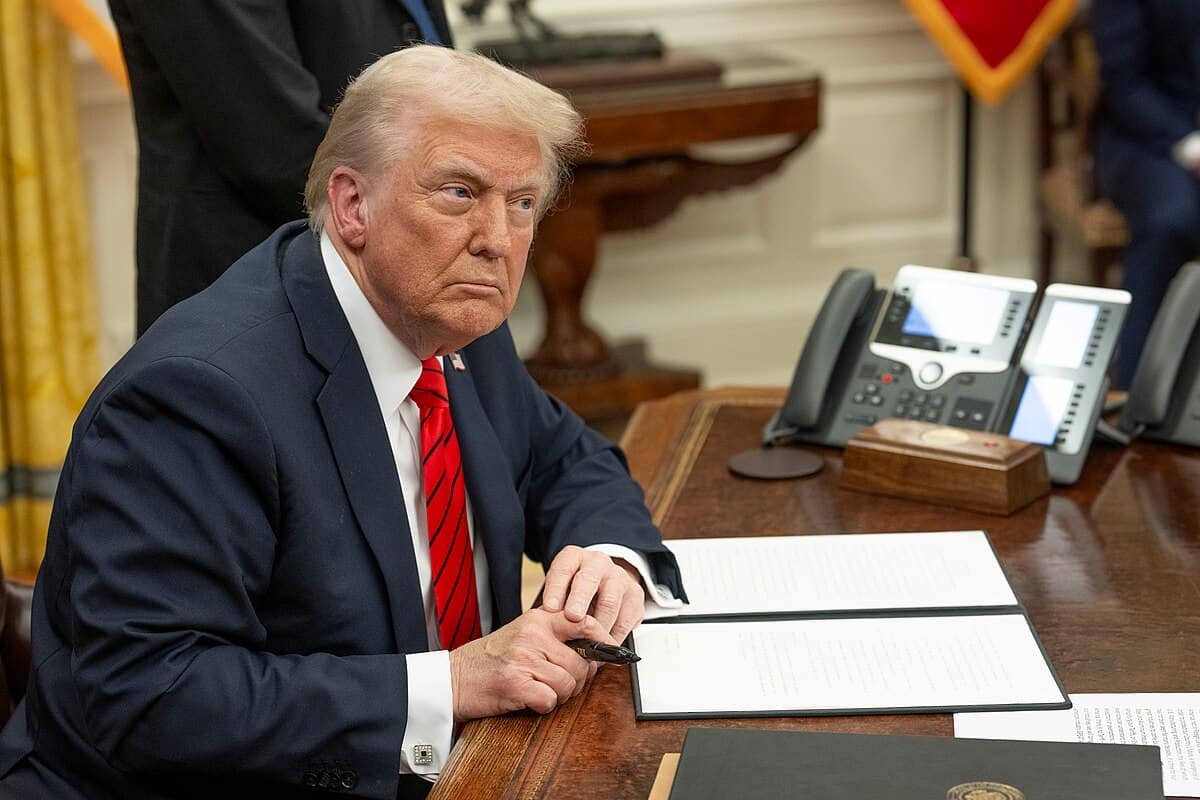
A federal judge has intervened to block the transfer of a transgender inmate following an executive order signed by former President Donald Trump. The order, issued on January 20, sought to house transgender women in men’s correctional facilities and discontinue federal funding for gender-affirming healthcare.
The case centers around an inmate, identified as Maria Moe, who was reclassified from female to male by the Bureau of Prisons (BOP). This change would have led to Moe’s transfer to a men’s facility, raising concerns about safety and continued access to necessary medical care, including hormone therapy.
On January 26, U.S. District Judge George O’Toole issued a temporary restraining order preventing Moe’s transfer and ensuring access to medical treatment while the court reviews the case. The lawsuit argues that the executive order violates Moe’s constitutional rights under the Fifth and Eighth Amendments, citing potential risks of harassment, violence, and inadequate medical care.
Moe’s legal representatives stressed that the transfer could lead to severe distress, stating that Moe would be “at imminent risk of losing access to essential medical treatment” and could face unsafe conditions in a men’s facility. The legal filing also raised concerns about the psychological impact, noting that the move could worsen Moe’s gender dysphoria.
The BOP had previously provided funding for gender-affirming surgeries, but Trump’s order reversed these policies, sparking legal challenges from affected inmates. In addition to Moe’s case, three other transgender inmates have filed a similar lawsuit in Washington, D.C., contesting the executive order. Critics argue that the policy unfairly targets transgender individuals and undermines their rights.
The temporary restraining order remains in effect as the legal battle continues. The case will be closely watched for its potential impact on policies affecting transgender inmates in the federal prison system.



